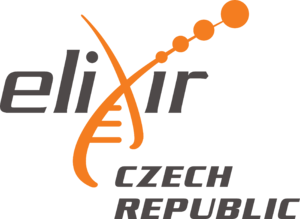

8 experimentally studied proteins
2 sequences in Swiss-Prot
9,651 unique sequences in UniRef100
l‑Asparaginases mostly from Pseudomonadota, most notably the tetrameric "type I" Escherichia coli and Yersinia pestis enzymes
Lower millimolar Km for l‑asparagine
Clan 5: Family 14, Family 15, Family 16, Family 17, Family 18
| Fam ? Class - Clan - Family | Alt ? Alternative historical name / classification | AN ? UniProt accession number | Name ? UniProt entry name, only given here for Swiss-Prot entries | EC | Organism | Cell-Loc | AAs | Structure | PDB | Km i for Asn [mM] | Vmax i for Asn [μmol/min/mg] | Kcat i for Asn [s-1] |
|---|
| Fam ? Class - Clan - Family | Alt ? Alternative historical name / classification | AN ? UniProt accession number | Name ? UniProt entry name, only given here for Swiss-Prot entries | EC | Organism | Cell-Loc | AAs | Structure | PDB | Km i for Asn [mM] | Vmax i for Asn [μmol/min/mg] | Kcat i for Asn [s-1] |
|---|

Clan 5 is the clan that holds many of the historical bacterial "type I" l‑asparaginases as well as l‑asparaginases from fungi and metazoans, including humans.
Family 16 is a family of l‑asparaginases originating mostly from bacteria belonging to the Pseudomonadota phylum. That includes the original type I Escherichia coli EcAI (P0A962), an allosteric cytoplasmic enzyme with low affinity to l‑asparagine that presents as a tetramer, specifically as a dimer of two intimate dimers . The Yersinia pestis YpAI (A0A3N4B0Q2) structure has also been solved, and the authors find that this l‑asparaginase is active in a dimeric form, although it also forms tetramers in crystal.
1Varadi, M et al. AlphaFold Protein Structure Database in 2024: providing structure coverage for over 214 million protein sequences. Nucleic Acids Research (2024). Licensed under CC BY 4.0.
2Suzek, B.E. et al. UniRef: comprehensive and non-redundant UniProt reference clusters. Bioinformatics (2007). Licensed under CC BY 4.0. Added classification code to sequence headers.
